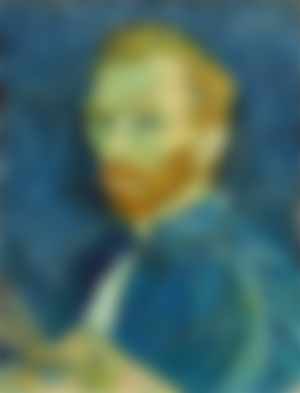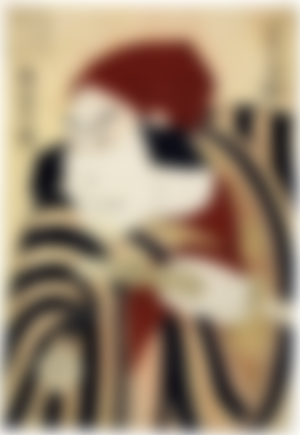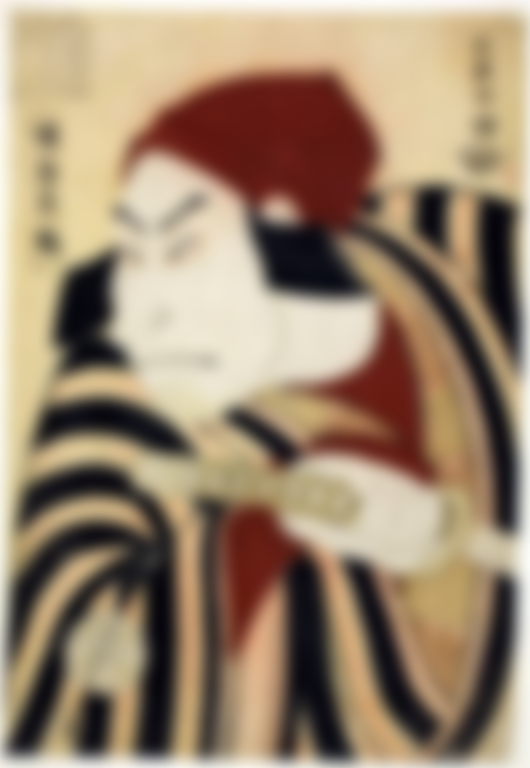Quizzes & Puzzles 39
Some new problems with which to exercise the brain. But first a look at answers and solutions to Quizzes & Puzzles 38. New problems below the image (cartoon).
Answer to Quiz 38:1
According to tradition, Buddha Gautama reached enlightenment sitting beneath a tree – what sort of tree was that?
He sat under a fig tree of the species Ficus religiosa – a banyan tree – native to India and the area around India, and South East Asia. The banyan tree has religious significance for Hindus, Buddhists and Jainists.
The tree under which Buddha Gautama sat is called the Bhodi tree, the "tree of awakening". The term “Bhodi tree” is also used for some other sacred trees of the species Ficus religiosa.
There is still a Bhodi tree where Buddha Gautama sat, but it is not the same tree, it has been replaced a number of times. However, the present tree is probably a direct descendant of the original Bhodi tree.
In Archaeological Survey of India, volume one, Alexander Cunningham wrote (1862):
“The celebrated Bodhi tree still exists, but is very much decayed; one large stem, with three branches to the westward, is still green, but the other branches are barkless and rotten. The green branch perhaps belongs to some younger tree, as there are numerous stems of apparently different trees clustered together. The tree must have been renewed frequently, as the present Pipal is standing on a terrace at least 30 feet above the level of the surrounding country. It was in full vigour in 1811, when seen by Dr. Buchanan (Hamilton), who describes it as in all probability not exceeding 100 years of age.”
Answer to Quiz 38:2
Bronze is a metal alloy, consisting mainly of two metals – which two metals?
The correct answer is copper and tin. It can be compared to another metal alloy, brass, which consists of copper and zinc.
Answer to Quiz 38:3
Alyosha, Ivan, Dimitri, and Smerdyakov – four brothers whose family name gave name to a novel, a world classic. What is the name of this famous novel, and who is the author?
The novel is “The Brothers Karamazov”, and the author is Fyodor Dostoevsky (1821-1881).
This novel has a reputation of being extremely heavy reading - but despite its very deep philosophical discussions, I never found it “heavy”. Yet, even people professionally reading or knowing about literature, often continue to praise its value without ever reading it. It's a pity, because it's really a great read.
Okay, I admit it, I'm biased. As a fan of Dostoevsky's literature, I once undertook to learn Russian in order to be able to read him in original language. I just love this literature. You might find “The Brothers Karamazov” heavier than I do, but it is still a book every well-read individual should have read. A true classic.
Answer to Quiz 38:4
Brazil is the world's largest exporter of coffee, but which country is the next largest exporter? (This might be a little of a surprise.)
I suppose a lot of people would guess Colombia, but that is number three. The next largest exporter of coffee is Vietnam.
Answer to Quiz 38:5
Who is this, and who made the painting?

The painter is Vincent van Gogh (1853–1890), and the man on the picture is... Vincent van Gogh! This is a self-portrait from 1889. The original can be found at National Gallery of Art, Washington, D.C.
Answer to Quiz 38:6
According to official Olympic history, when were the first modern Olympic Games held?
In 1896, in Athens. This, however, might be a lie, so strongly promoted as truth that it has come to pass as truth (as is the case with relatively much history). Read more in my article OLYMPIA: The Shocking History of the Olympic Games & a Radical Suggestion for the Future.
Answer to Quiz 38:7
In French history, one can find the title “Dauphin”, which has been held by a number of people (although never more than one at the same time). But who would become “le Dauphin”, what did this title mean?
Dauphin was a title for the heir apparent (the crown prince) to the French throne 1350-1791 and 1824-1830. The name comes from Dauphiné, a seigneurie being a part of the Holy Roman Empire. It was sold to king Philippe VI of France in 1349. However, there were conditions as well: that the heir apparent to the French throne adopt the title “le Dauphin”; and that Dauphiné must never become a part of France. Initially it remained a seigneurie of the Holy Roman Empire, however, Louis XI still united it with France in 1461.
Strictly, le Dauphin of France should be called The Dauphin of Viennois. Dauphin was initially a nickname for the count of Vienne, because he had a dolphin (dauphin) on his coat of arms. But this happened before the area was sold to the French king.

And now some new exercises for brain & memory...
Quiz 39:1
An important mineral, which, among other functions, serves as an antioxidant in the body, is also light sensitive. This sensitivity has and has had technical applications. To which mineral am I referring?
Quiz 39:2
There is an old tradition, still observed in some places, to put a coin over or in the mouth of a dead person. Why is this done, what is the story behind the custom?
Quiz 39:3
Tomatoes are good for prostate health. They contain a carotenoid (a colour pigment), which is responsible for that effect. What's the name of that carotenoid?
Quiz 39:4
This is a woodblock print from 1795 by a great Japanese artist. Indeed, his woodblock prints are still the most expensive ones to acquire. Who was the artist? (His name is a pseudonym, nobody knows who he really was.)

The portrait shows a kabuki (a sort of theatre) actor, Nakamura Nakazo II, playing prince Koretaka, who (in the play) plays the farmer Tsuchizo. A complex portrait, showing all the three characters.
Quiz 39:5
Can you tell me the name of a sugar alcohol with sweet taste that is good for teeth and gums? Indeed, it is so beneficial for the teeth that the Finnish, who discovered its dental effects, once called it the solution of the caries problem. If it is that good can be questioned, we don't really know that yet, but it is undeniable that its effect is strong. For oral health, it's mostly used in toothpaste and chewing gums.
But what is this substance called?
Quiz 39:6
Who made “The Sound of Silence”, “Scarborough Fair”, “The Boxer”, and “Bridge over Troubled Water”?
You'll find answers and solutions in the next “Quizzes & Puzzles”.
Quizzes & Puzzles has its own label in my Index, where all issues of the series can be found.
In my INDEX, you can find all my writings on Read.Cash, sorted by topic.
Copyright © 2022 Meleonymica/Mictorrani. All Rights Reserved
(Cartoon by Christian Dorn/Pixabay, CC0/Public Domain.)
(All the images are in the Public Domain.)



Great read and thanks for the book recommendation: The Brothers Karamazov. I looked it up and the summary intrigues me. May not be able to read the native language, but if I get an English version, I sure will do.
Quiz 39:2 - To pay passage for transport to the underworld (Greek)? Way way back in the day, there was also a tradition, I think, among West African slaves (I can be corrected because I really just heard this from a folklore story) to put coins over the eyes of the dead so as to keep the eyes closed and so the eyes won't be open and the dead looking at you and taking your soul with them. I felt ridiculous typing that, but yeah... lol.